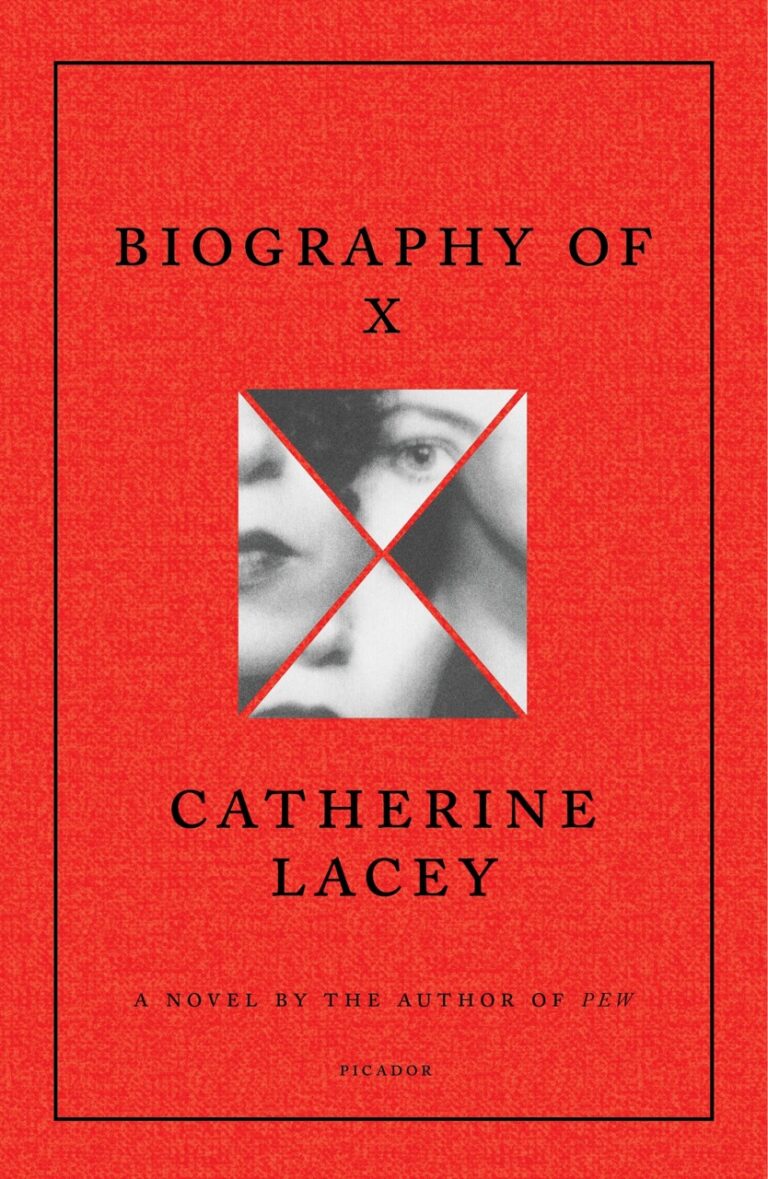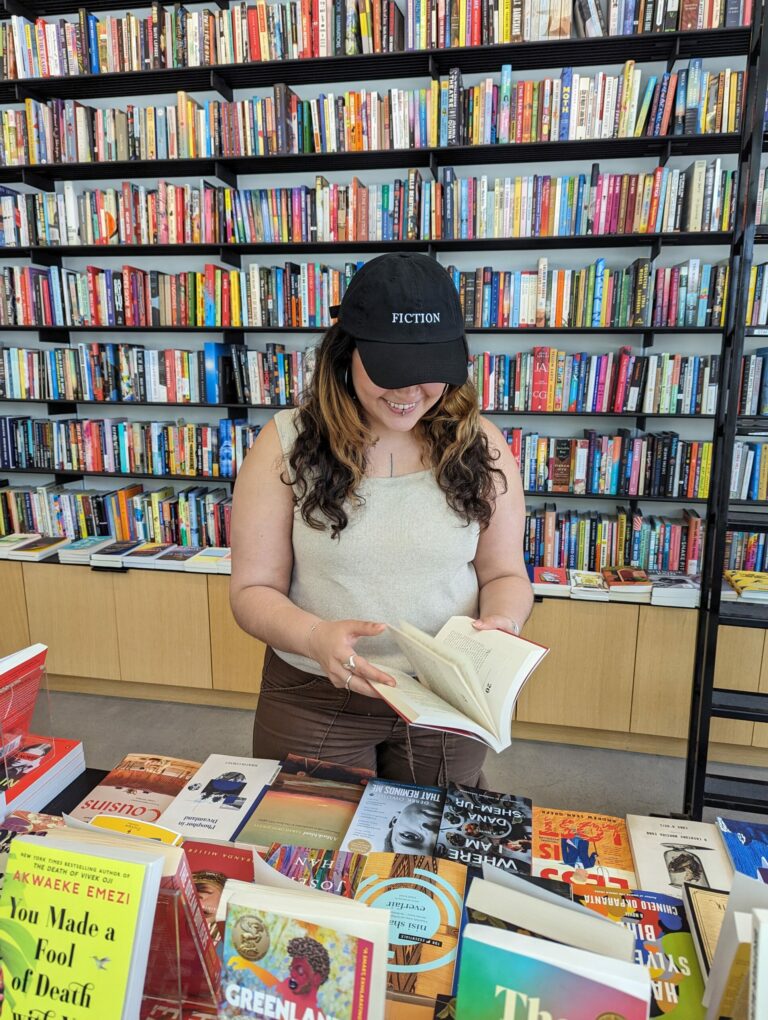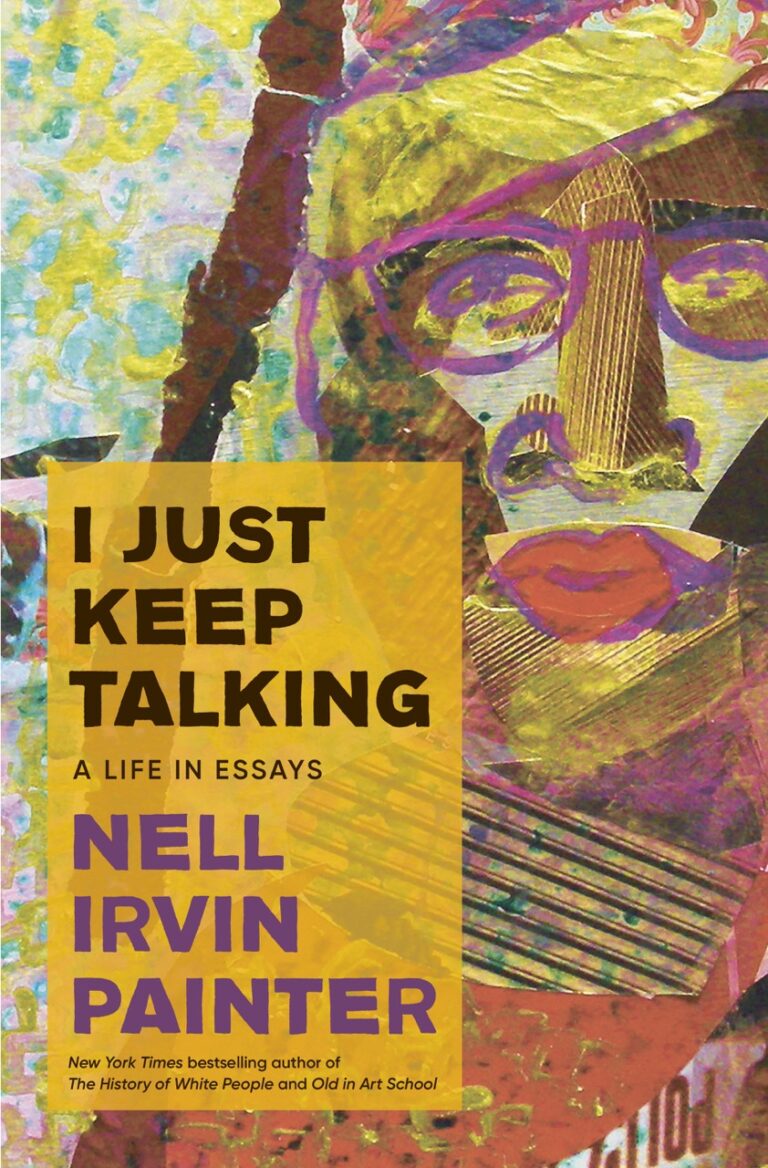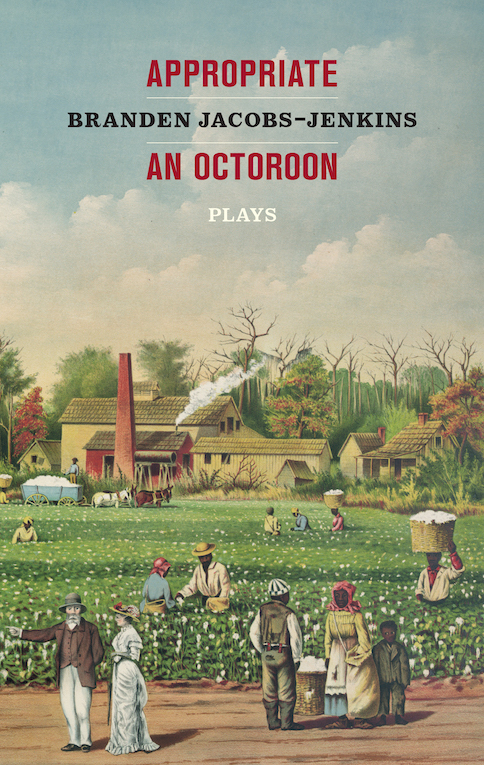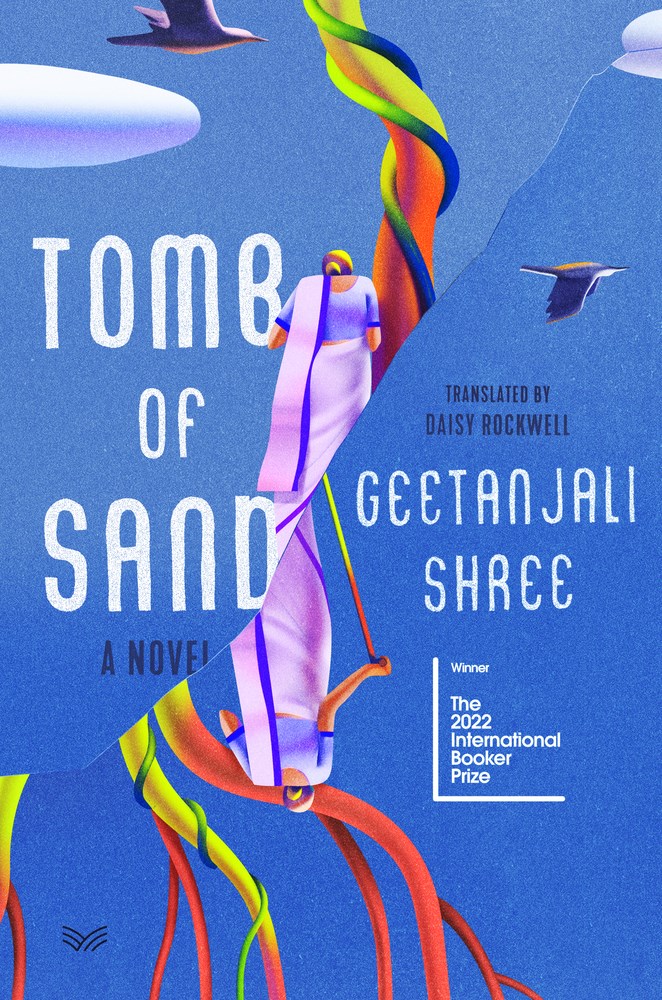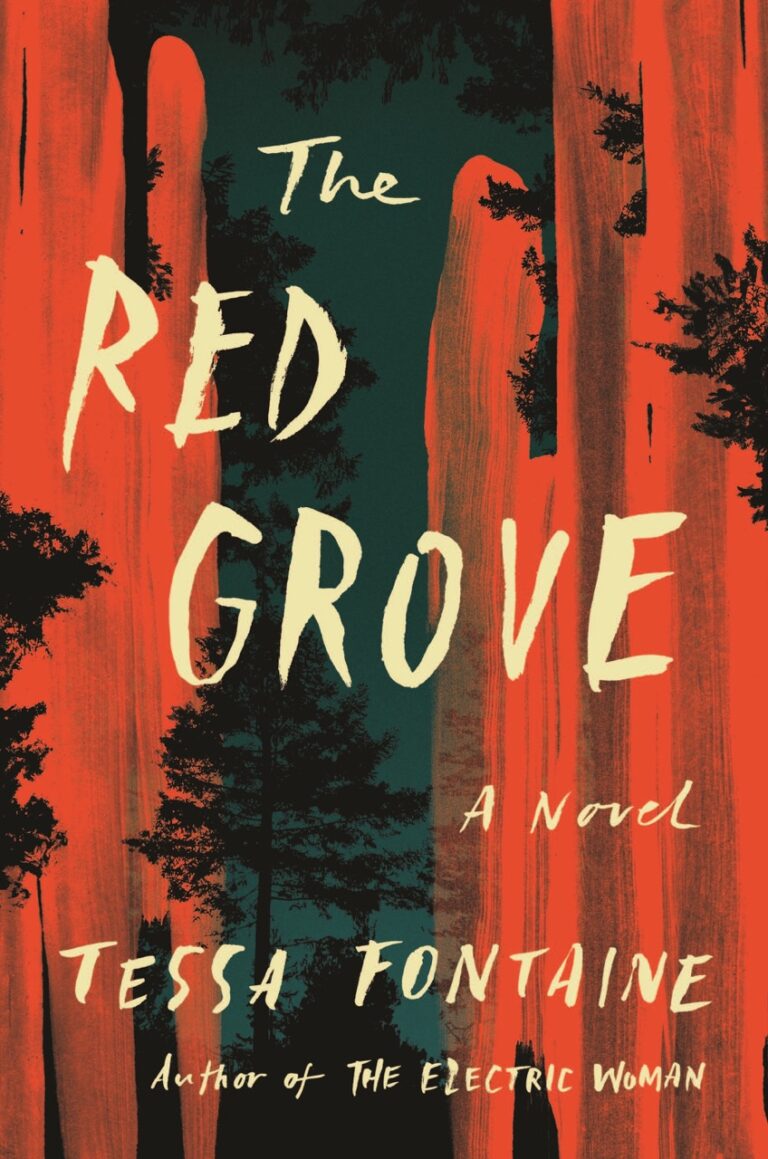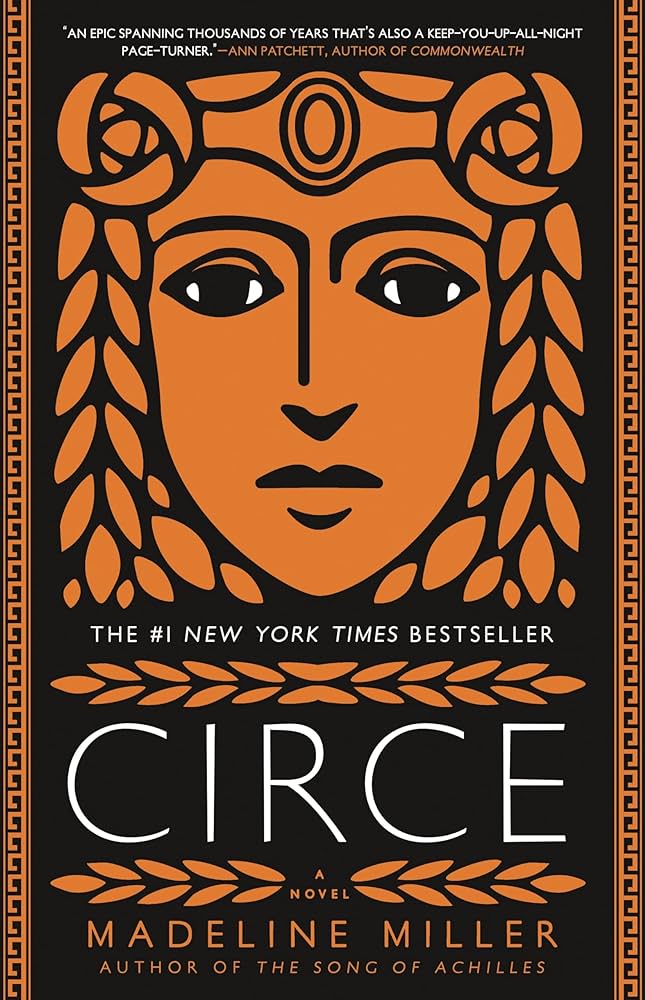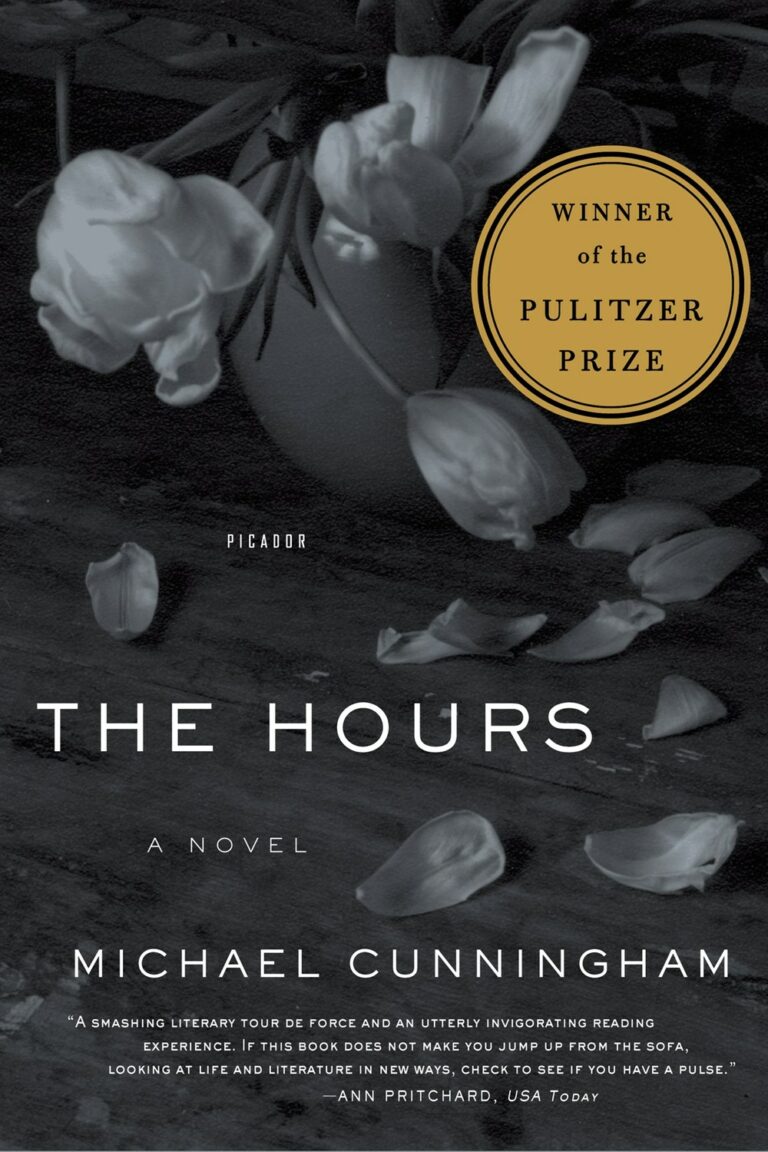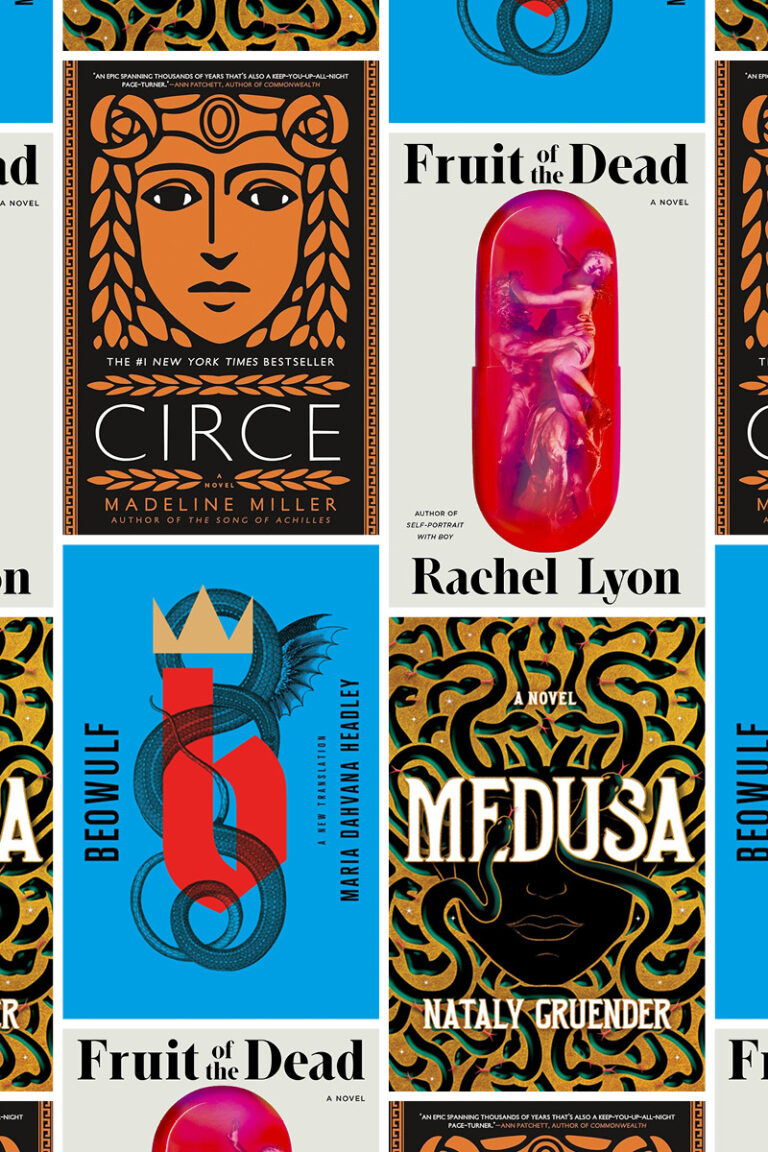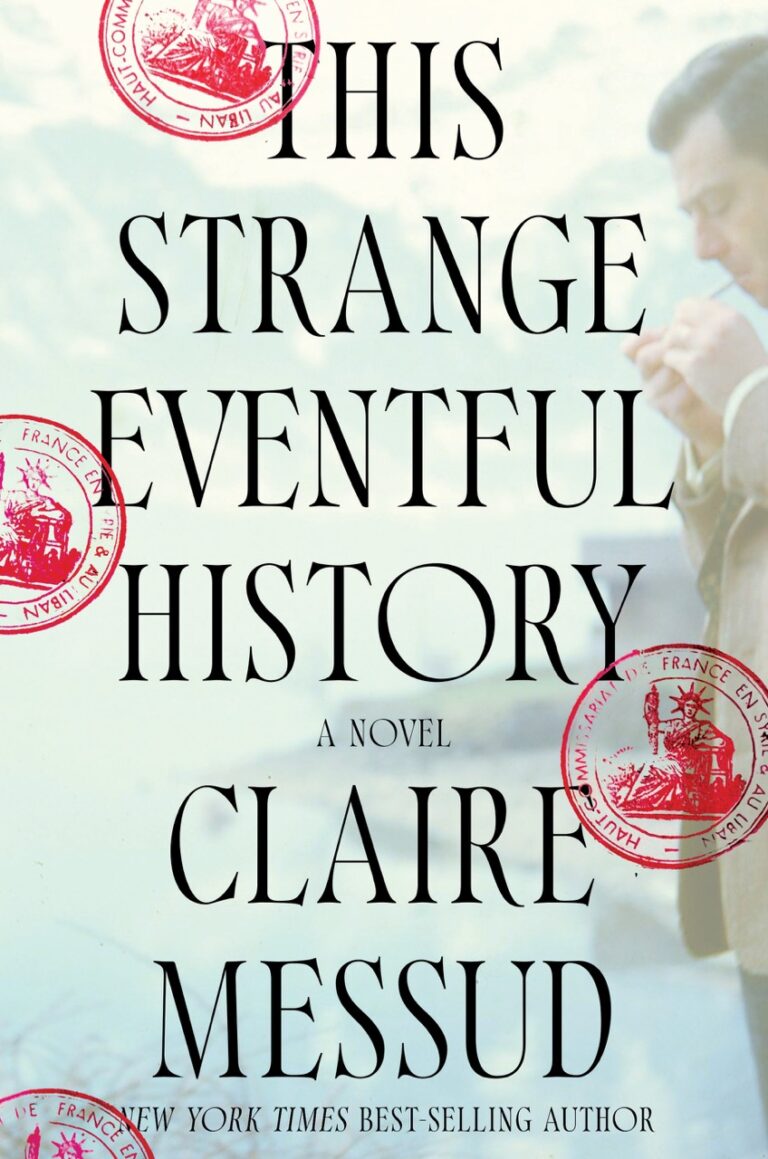The Center for Fiction and Sant Jordi USA Present Papyrus with Irene Vallejo, Sarah Ruden, and Charlotte Whittle
Sunday, 3:00 pm EDT April 23, 2023
The Center for Fiction
& Livestreamed
In-person capacity is limited and RSVPs do not guarantee entry. Guests will be admitted on a first-come, first-seated basis.
The Sant Jordi Festival of Books & Roses in Barcelona is one of the most enchanting and colorful book fairs in the world, spilling bookstands and flower stalls up and down the boulevards of Catalonia. It celebrates Saint George, the dragonslayer, of whom legend claims that a rose bush sprang up from the drops of blood that fell from the wounded dragon’s wing. A fitting context for the swashbuckling story of Papyrus: The Invention of Books in the Ancient World, the extraordinary international bestseller in which Irene Vallejo tells the thrilling tale of the birth of books.
Long before books were mass-produced, scrolls hand-copied on reeds pulled from the Nile were the treasures of the ancient world. Emperors and Pharaohs were so determined to possess them that they dispatched emissaries to the ends of the Earth to bring them back. When Mark Antony wanted to impress Cleopatra, he knew that gold and priceless jewels would mean nothing to her. Instead, he gave her books for her library—two hundred thousand! The long and eventful history of the written word shows that books have always been and will always be a precious—and precarious—vehicle for civilization.
Papyrus is the story of the book’s journey from oral tradition to scrolls to codices, and how that transition laid the very foundation of Western culture. Join us for a conversation with author Irene Vallejo, renowned translator of Greek and Roman classics Sarah Ruden, and translator of Papyrus, Charlotte Whittle. There will be books, and roses, and maybe dragons!
Presented in partnership with Sant Jordi USA.
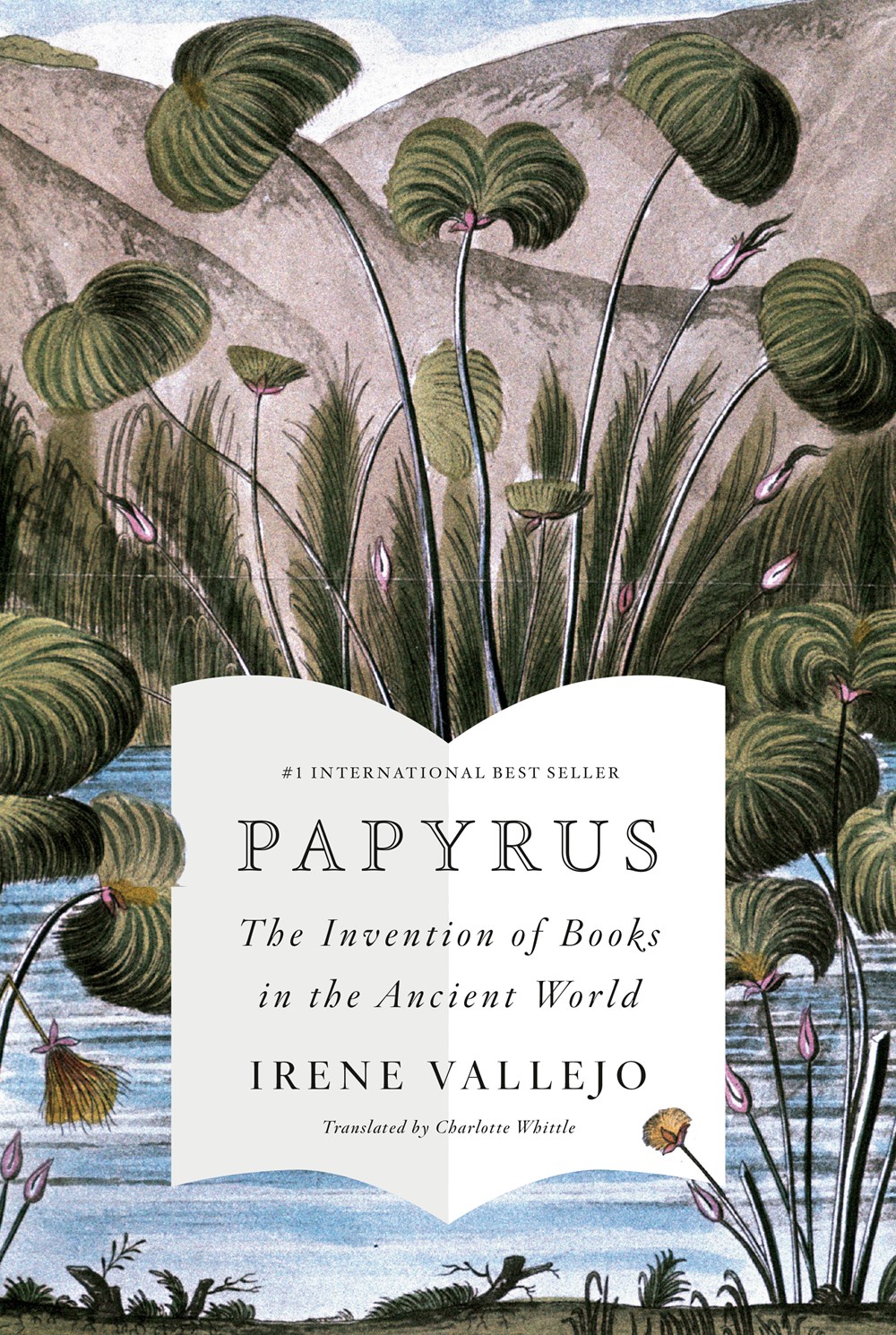
In Conversation
-
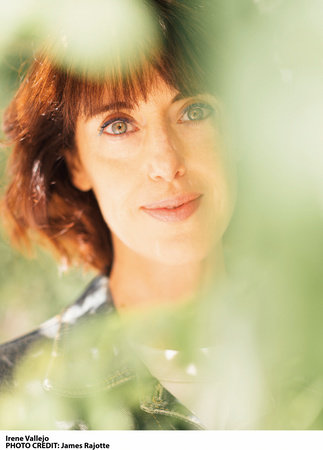
Irene Vallejo
Irene Vallejo
Irene Vallejo is the author of the internationally bestselling Papyrus: The Invention of Books in the Ancient World, which has been translated into over 30 languages. Papyrus was awarded the National Essay Prize and the Critical Eye Prize for Narrative in Spain. Vallejo is a regular columnist for El País and Heraldo de Aragón, and she is the author of two novels, three collections of essays, articles, and short fiction, and two children’s books. She lives in Spain.
Photo Credit: James Rajotte
-
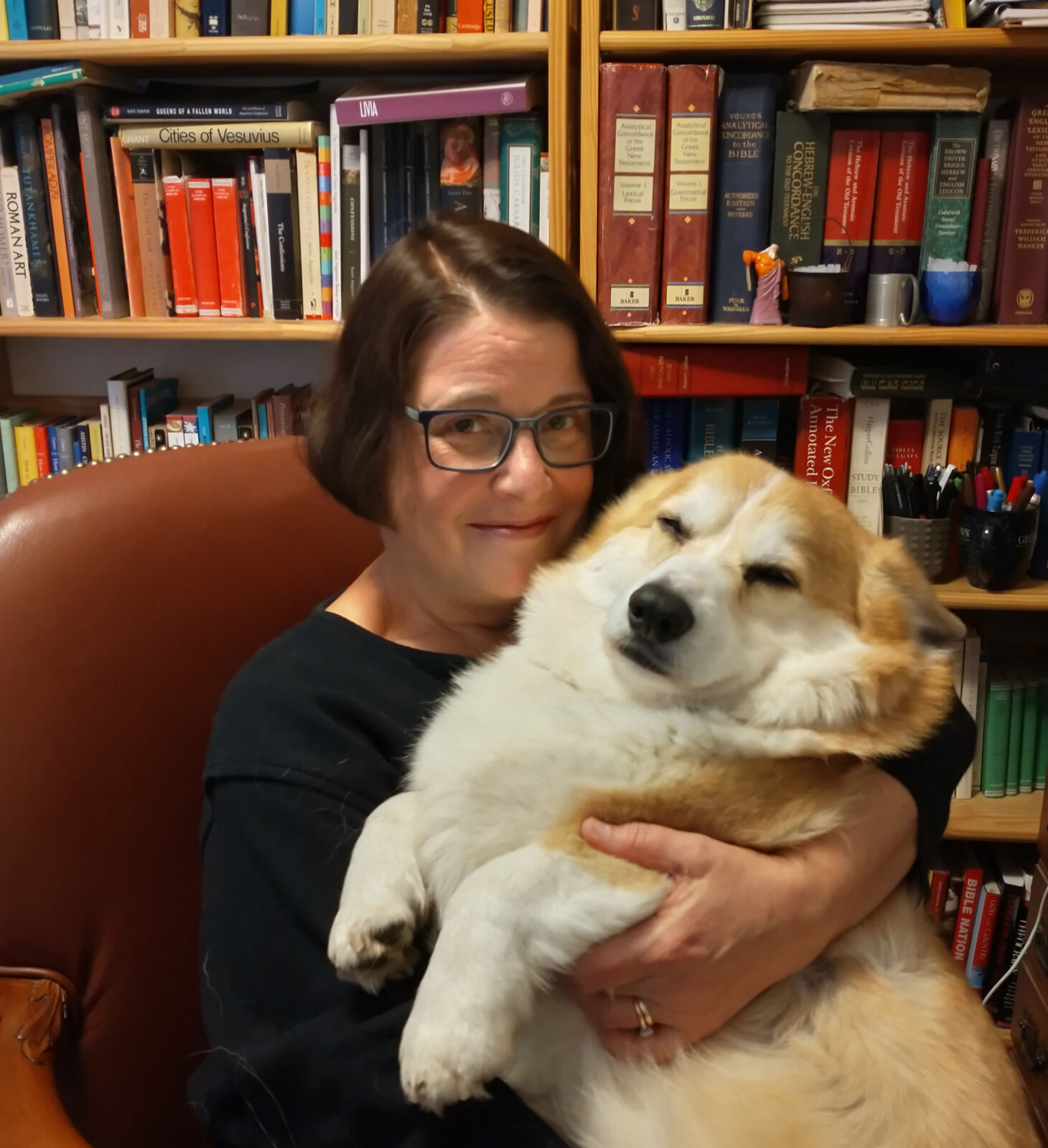
Sarah Ruden
Sarah Ruden
Sarah Ruden is a leading translator of ancient texts, including Virgil’s The Aeneid and Augustine’s Confessions; her book The Face of Water: A Translator on Beauty and Meaning in the Bible was published by Knopf/Pantheon in 2017. Her prose has appeared in the American Scholar, the Wall Street Journal and Books & Culture. She is the author of the poetry collection Other Places and the recipient of a Guggenheim Fellowship and a Whiting Award. She lives in Connecticut.
Photo Credit: Adrienne Malane
-

Charlotte Whittle
Charlotte Whittle
Charlotte Whittle’s work has appeared in the Literary Review, Los Angeles Times, Guernica, BOMB, the Paris Review, and elsewhere. Her translations include novels by Jorge Comensal, Elisa Victoria, and Norah Lange; her most recent translation is Papyrus, the international bestseller by Irene Vallejo. She lives in England and New York.
Photo Credit: Geoff Shullenberger
Featured Book
-
.
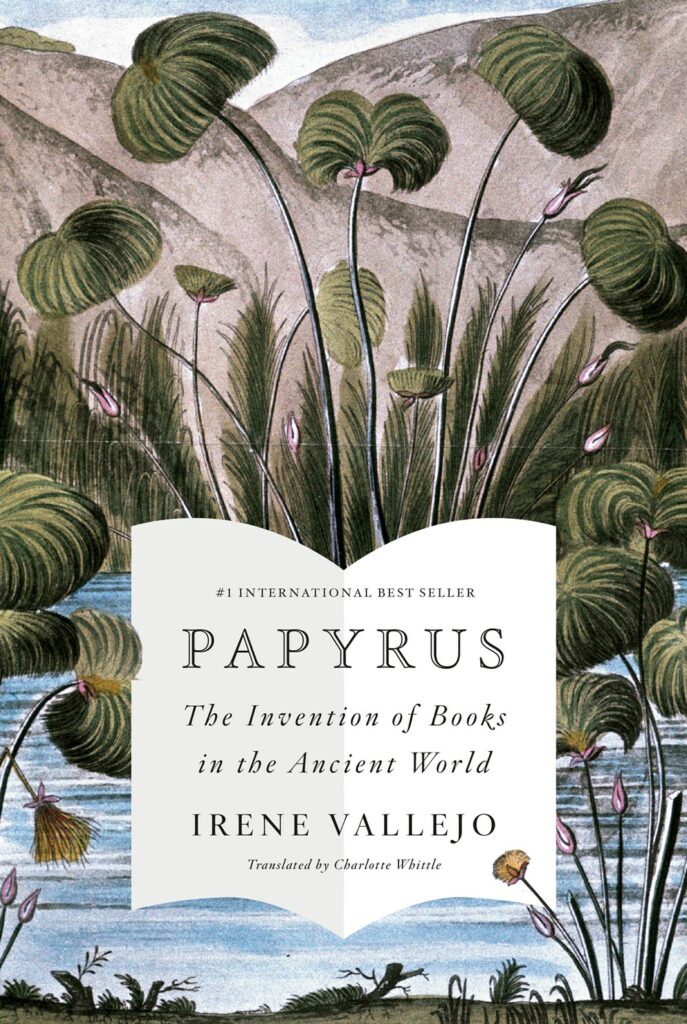
Papyrus: The Invention of Books in the Ancient World
By Irene Vallejo
Published by Knopf/Penguin Random House
Translated by Charlotte Whittle
Long before books were mass-produced, scrolls hand copied on reeds pulled from the Nile were the treasures of the ancient world. Emperors and Pharaohs were so determined to possess them that they dispatched emissaries to the edges of earth to bring them back. When Mark Antony wanted to impress Cleopatra, he knew that gold and priceless jewels would mean nothing to her. So, what did her give her? Books for her library—two hundred thousand, in fact. The long and eventful history of the written word shows that books have always been and will always be a precious—and precarious—vehicle for civilization.
Papyrus is the story of the book’s journey from oral tradition to scrolls to codices, and how that transition laid the very foundation of Western culture. Award-winning author Irene Vallejo evokes the great mosaic of literature in the ancient world from Greece’s itinerant bards to Rome’s multimillionaire philosophers, from opportunistic forgers to cruel teachers, erudite librarians to defiant women, all the while illuminating how ancient ideas about education, censorship, authority, and identity still resonate today. Crucially, Vallejo also draws connections to our own time, from the library in war-torn Sarajevo to Oxford’s underground labyrinth, underscoring how words have persisted as our most valuable creations.
Through nimble interpretations of the classics, playful and moving anecdotes about her own encounters with the written word, and fascinating stories from history, Vallejo weaves a marvelous tapestry of Western culture’s foundations and identifies the humanist values that helped make us who we are today. At its heart a spirited love letter to language itself, Papyrus takes readers on a journey across the centuries to discover how a simple reed grown along the banks of the Nile would give birth to a rich and cherished culture.


